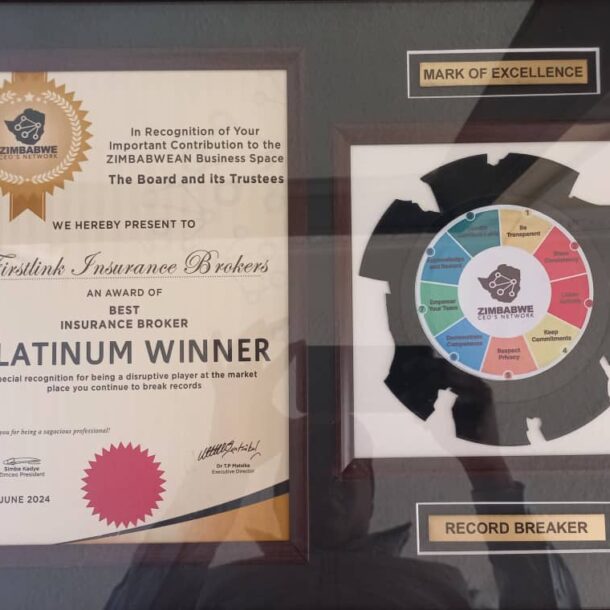- Solutions
Personal Insurance Covers
Business Insurance Covers
Lorem ipsum dolor sit amet, consectetur adipiscing elit. Ut elit tellus, luctus nec ullamcorper mattis, pulvinar dapibus leo.
Add Your Heading Text Here
- About Us
- Newsletters
- Contact Us

Close



